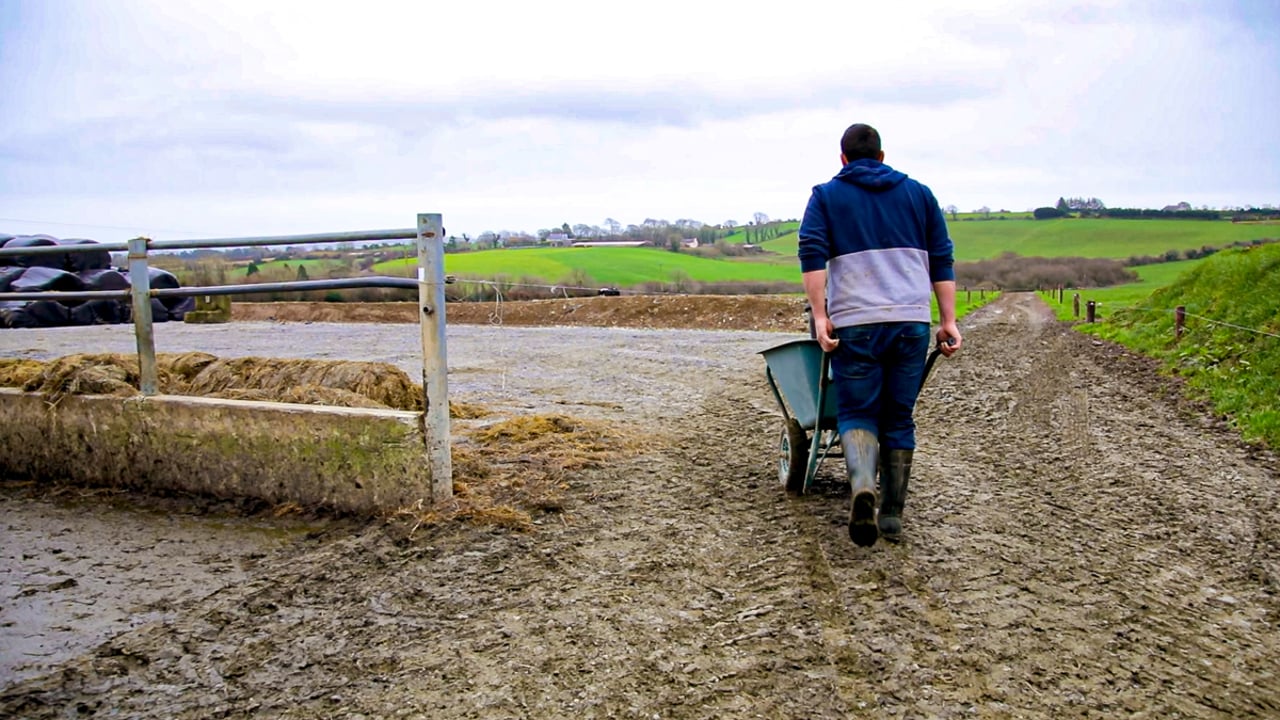'Important addition' made to new Farmers' Charter - Golden
An "important addition" has been made to the Farmers' Charter to ensure schemes are designed in a "practical and straightforward" way, the Connacht regional chair of the Irish Farmers' Association (IFA), Brendan Golden has said.
In the charter, the Department of Agriculture, Food and the Marine (DAFM) "committed" to "fully engaging" with farm organisations in the development of schemes, and discussing any subsequent changes to terms and conditions in a "timely manner", he said.
Golden, who leads the IFA team on the Farmers' Charter, was speaking after the DAFM and farming organisations reached an agreement on a new Farmers' Charter at a meeting in Dublin yesterday (Tuesday, July 2).
"This is an important addition to the charter to ensure that schemes are designed in a practical and straightforward way, and to ensure the goalposts are not changed after farmers have entered into the scheme," Golden said.
The charter also includes a "commitment" that "in circumstances where scheme payment deadlines/approvals will not be met in line with agreed charter deadlines, the Charter Monitoring Committee will be convened and corrective strategies and options provided to quickly resolve issues", he added.
Following the agreement on a new Farmers' Charter, a Charter Monitoring Committee, including the DAFM and farm organisations, will now be established to monitor agreed targets and standards.
Golden said the charter is a "hugely important declaration, representing a governing framework for fairness, respect, transparency and best practice across all the key areas affecting direct payments and services to farmers".
While negotiations have been "challenging", he said that progress has been secured on a number of issues which will "serve farmers well" over the next number of years in their interaction with the DAFM and their participation in schemes.
Farm payments will return to their traditional payment schedule for 2024, and a framework for Targeted Agricultural Modernisation Scheme (TAMS) approvals was agreed, starting from the closing date of each tranche, according to Golden.
"Inspections in the main will be announced in the new charter, with inspectors required to provide a written preliminary report before leaving the farm, rather than in the subsequent days, as originally proposed by the department,” he added.
According to Golden, Minister for Agriculture, Food and the Marine, Charlie McConalogue "committed" to providing "maximum flexibility" to farmers in the Agri Climate Rural Environment Scheme (ACRES) impacted by the potential clawback of overpayments.
It is understood that an interim payment was made to farmers without reference to ACRES scorecards. The payment was made to farmers who were yet to receive payment at the time, due to delays by the department in processing payments.
Typically, when an overpayment occurs, the money is clawed back at the next payment run, even if it is in a different scheme. If that rule is applied, overpayments in ACRES will be clawed back from Areas of Natural Constraint (ANC) Scheme payments.
"It is critical that the flexibility announced by the minister provides farmers with the maximum timeframes necessary for these monies to be recouped and agreed on an individual basis.
"Farmers must have clarity on where they stand as soon as possible because ACRES has operated in a vacuum of uncertainty for far too long," the IFA Connacht regional chair said.
He added that the Charter Monitoring Committee needs to be established "as soon as possible so the department can be held to account for the mess [it is] making with ACRES".





